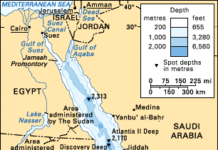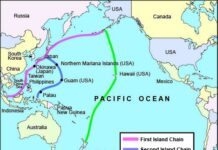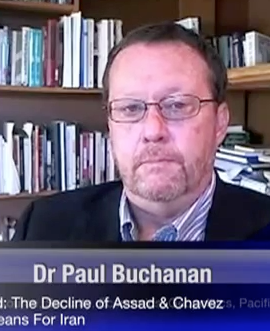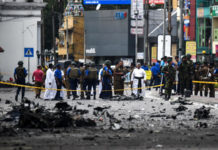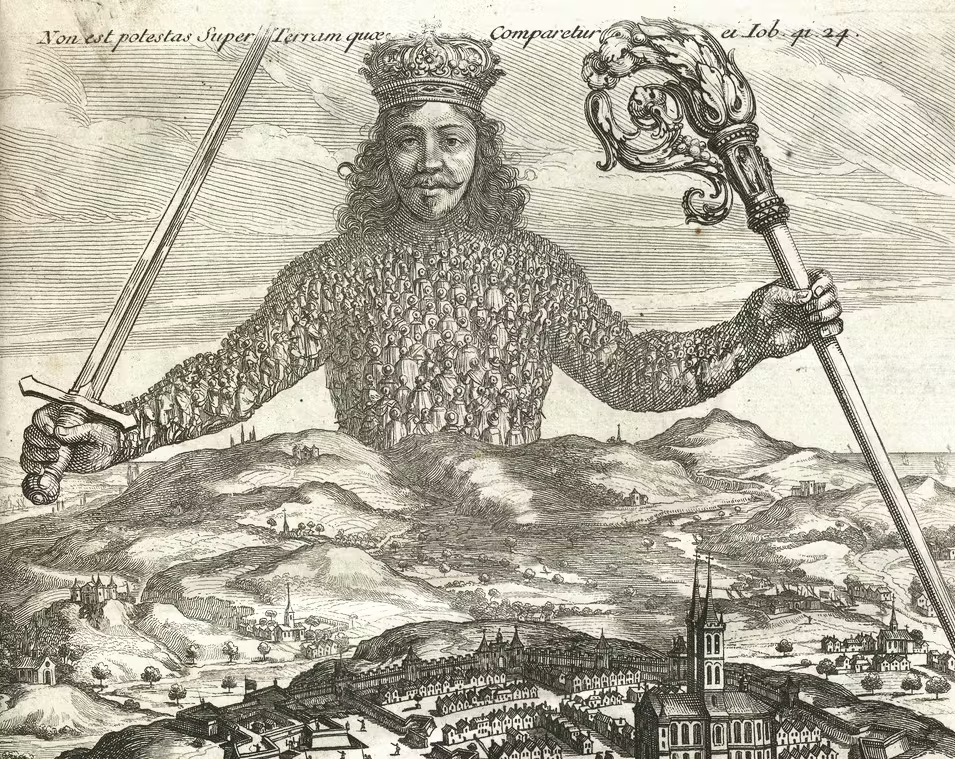Transitions from military-bureaucratic rule have been a salient characteristic of contemporary political dynamics. The desire to return to the barracks and seek legitimation push military-bureaucratic authoritarians towards holding elections as a means of devolving power to civilian authorities.
Sooner or later successful military-bureaucratic regimes seek to legitimize their rule and build a legacy by holding elections (unsuccessful military-bureaucratic authoritarians either collapse or are overthrown). Beyond the mantle of securing popular consent to their rule, doing so allows them to escape international sanctions and re-establish diplomatic relations severed when they came to office. Thus the transition to electoral legitimation is as important to the regime as it is to the people who live under it.
Although some military-bureaucratic authoritarians try to run referenda and even full elections on their rule while the military still controls political power (such as Uruguay in 1981 and Chile in 1989), most military-bureaucratic authoritarian regimes use elections to transit to a “safe” or “guarded” form of elected (if not democratic) civilian rule in which the major achievements and core interests of the regime and the fate of its leaders are unchallenged by their successors.
The most common way of ensuring the transition goes according to plan is to frame the electoral process in such a way that the outcome is apparently contested but essentially pre-determined: only those political actors who adhere to the regime’s vision of the post-authoritarian political system are given a realistic chance of winning elected office. One favored way of doing so is to run a popular military or civilian authoritarian leader as a candidate in the transitional election, be it as a presidential candidate in a presidential system or as the leader of a party in a parliamentary system. To that are added “safe” opposition parties that accept the limitations on post-authoritarian changes imposed by the outgoing regime and who agree to not seek judicial review of the regime’s policies and actions while in office.
The differences between opposition and officially-backed parties in such political transitions is more one of degree than substance, to the point that in military-dominated Brazil in the 1960s and 1970s the division between the nominal opposition and regime-backed parties came to be known as the “yes” and “yes sir!” parties.
The first is that by relinquishing control of the armed forces and delegating it to a successor, the candidate removes himself from the chain of command. This opens the possibility that his successor may not be entirely loyal to him or share the same post-authoritarian vision. Should that happen, the candidate’s power will be diminished and circumscribed by the desires of the new military commander. Should his wishes and those of the new commander clash, the latter will be the one with the authority of command and control over the use of armed force. The bottom line is clear: even if the military-backed candidate wins the election, he no longer is in control of the guns and depends on the goodwill and support of those who are.
The second problem is that, if he previously was in a leadership position during the dictatorship, the military-backed candidate will have grown accustomed to having his orders unquestionably obeyed and his authority unchallenged. He will have been surrounded by supporters and shielded from detractors. This has the effect of making him feel more popular than he really is, which in turn leads him to have expectations of high voter support in the polls.

Even though a margin of 51 percent of the popular vote is sufficient to win, many former military leaders want much more than that as a demonstration of their popularity and mandate to rule. This leads them to set targets of winning 60 percent or more of the vote, which is optimistic in the best of times in a freely contested multiparty election. That is when things start to get tricky.
Signs of an attempt to produce a favorable (i.e. decisive if not overwhelming) outcome include electoral regulations that promote splintering and factionalization amongst opposition parties; delays in announcing the beginning of the election campaign and rules governing it; failure to establish an independent election oversight commission and/or impartial election office well in advance of the election date (since the commission would be responsible for producing voting materials such as candidate lists and ballots as well as training election monitors and scrutinizers); delay or failure to register political parties and/or candidates well in advance of the polling date; and continuation of restrictions on assembly expression and media coverage until close to that date.
Should the opposition coalesce around a core set of goals and candidates that are not existentially threatening to the regime and its hardline supporters (unacceptable being a former government party displaced by coup and seeking revenge or former support parties previously displaced by military-bureaucratic hardliners, as was seen in Chile and South Korea in years past), then the outcome becomes more disputable. That in turn will force the regime’s hand in terms of going ahead with, canceling, manipulating or otherwise tampering with the election process.
In the last fifty years there have been five transitional “waves” to elected rule around the globe. The first encompassed Southern Europe in the 1970s, the second Latin America and Eastern Europe in the 1980s and early 1990s, the third parts of East and Southeast Asia and Sub-Saharan Africa in the 1990s and early 2000s, the fourth in the Middle East in the 2010s, and the fifth currently underway in the Southwestern Pacific and South and Central Asia. Not all of these transitions led to democracy, and in fact many of them led to significant civil unrest and political violence leading to the re-imposition of authoritarian controls.
There are learning curves involved in the study of these waves, both for those attempting to control the outcome from positions of power as well as those seeking to contest power in pursuit of genuinely democratic outcomes.



